Human Carcinoembryonic Antigen (CEA) ELISA Test Kit user's Guide Detection principle The kit uses double antibody one-step sandwich enzyme-linked immunosorbent assay (ELISA). To the coated microwells pre-coated with human carcinoembryonic antigen (CEA) capture antibody, add the specimen, standard, and HRP-labeled detection antibody in sequence, incubate and wash thoroughly. The color is developed with the substrate TMB, which is converted into blue under the catalysis of peroxidase and into the final yellow under the action of acid. The color depth is positively correlated with the human carcinoembryonic antigen (CEA) in the sample. Measure the absorbance (OD value) at 450nm with a microplate reader to calculate the sample concentration. Sample collection, processing and storage methods 1. Serum: Use a test tube that does not contain pyrogens and endotoxins. Avoid any cell stimulation during the operation. After collecting blood, centrifuge at 3000 rpm for 10 minutes to quickly and carefully separate serum and red blood cells. 2. Plasma: EDTA, citrate or heparin anticoagulation. Take the supernatant by centrifugation at 3000 rpm for 30 minutes. 3. Cell supernatant: centrifuge at 3000 rpm for 10 minutes to remove particles and polymers. 4. Tissue homogenate: Add tissue to the right amount of saline and mash. Take the supernatant by centrifugation at 3000 rpm for 10 minutes. 5. Preservation: If the sample is not tested in time after collection, please aliquot it in one dose and freeze it at -20 ℃ to avoid repeated freezing and thawing. Thaw at room temperature and ensure that the sample is thawed evenly and fully. Bring your own items 1. Microplate reader (450nm) 2. High-precision sampler and tip: 0.5-10uL, 2-20uL, 20-200uL, 200-1000uL 3. 37 ℃ thermostat Operation notes 1. Store the kit at 2-8 ° C and equilibrate at room temperature for 20 minutes before use. The concentrated washing liquid taken out of the refrigerator will have crystals, which is a normal phenomenon. The water bath is heated to completely dissolve the crystals before use. 2. The slats not used in the experiment should be immediately returned to the ziplock bag, sealed (dry at low temperature) and stored. 3. The standard dilution can be regarded as a negative control or blank; the sample after pretreatment does not need to be diluted, just take 10μL and add it. 4. Perform the incubation operation strictly in accordance with the time, amount of liquid and sequence indicated in the manual. 5. Shake all liquid components thoroughly before use. Kit composition name 96-well configuration 48 hole configuration Remarks Microplate 12 holes × 8 12 holes × 4 strips no Standard product (2400pg / mL) 0.6mL 0.6mL Dilute according to the instructions Standard dilution 6mL 3mL no Sample diluent 6mL 3mL no Detection antibody-HRP 10mL 5mL no 20 × washing buffer 25mL 15mL Dilute according to the instructions Substrate A 6mL 3mL no Substrate B 6mL 3mL no Stop solution 6mL 3mL no Sealing film 2 sheets 2 sheets no Instructions 1 serving 1 serving no Ziplock bag 1 1 no Note: The standard product is diluted with standard product diluent in order: 2400, 1200, 600, 300, 150, 75 pg / mL Reagent preparation Dilution of 20 × washing buffer: 1:20 dilution of distilled water, that is, 1 part of 20 × washing buffer plus 19 parts of distilled water. Washing method 1. Manually wash the plate: throw away all the liquid in the hole, fill each hole with the washing liquid, leave the liquid in the hole after standing for 1 min, pat dry on the absorbent paper, and wash the plate 5 times in this way. 2. Automatic plate washing machine: Inject 350μL of washing liquid into each well, soak for 1min, and wash the plate 5 times. Steps 1. Take out the required slats from the aluminum foil bag after equilibrating at room temperature for 20 min. The remaining slats are sealed with a ziplock bag and put back at 4 ° C. 2. Set up standard wells and sample wells, add 50μL of standard products of different concentrations to the standard wells; 3. Add 10μL of the sample to be tested first, and then add 40μL of the sample diluent; 4. Then add 100 μL of detection antibody labeled with horseradish peroxidase (HRP) to each well of the standard and sample wells, seal the reaction well with a sealing plate, and incubate for 60 min in a 37 ° C water bath or incubator. 5. Discard the liquid, pat dry on the absorbent paper, fill each well with the washing solution, let stand for 1min, shake off the washing solution, pat dry on the absorbent paper, and repeat washing the plate 5 times (you can also wash the plate with a washing machine) 6. Add 50 μL of substrate A and B to each well, and incubate at 37 ° C in the dark for 15 minutes. 7. Add 50μL of stop solution to each well, and measure the OD value of each well at 450nm wavelength within 15min. Result judgment Draw standard curve: In the Excel worksheet, the standard product concentration is used as the abscissa, and the corresponding OD value is used as the ordinate. The standard product linear regression curve is drawn, and the concentration value of each sample is calculated according to the curve equation. Kit performance 1. Accuracy: The correlation coefficient R between the linear regression of the standard product and the expected concentration is greater than or equal to 0.9900. 2. Sensitivity: The minimum detection concentration is less than 10 pg / mL. 3. Specificity: Does not cross-react with other soluble structural analogs. 4. Repeatability: The coefficients of variation within and between panels are less than 15%. 5. Storage: 2-8 ℃, protected from light and moisture. 6. Validity: 6 months Disclaimer 1. The kit is for research use only, and should not be used for clinical or human experiments, otherwise all the consequences will be borne by the experimenter, and the company will not be responsible. 2. Strictly follow the instructions, and the experimenter violates the instructions, and the consequences will be borne by the experimenter.
A. Plastic parts: Imported LLDPE
E. Outer cover: Soft Covering PVC
1.Can protect children safe when they playing indoor, and let they enjoy the play freely
2.Suitable for improving Children energy and imagination
3.Helping them grow up happily, cleverly, and healthily
We can design and produce as your requirements
Inflatable Jumping Horse, Inflatable Bouncy Horse, Jumping Horse Toy, Inflatable Horse Racing Liben Group Corporation , https://www.indoortrampoline.de
Certificate
Color
Various, according to your requirements
Materials
B. Post: National standard galvanized steel pipe
C. Metals: Galvanized
D. Deck, stair, bridge: Wood inside with sponge , rubber or powder cover
Advantage
d.Environmental protection
e.Uneasy to lose shape
Function
Age Range
Children
Apply to
Amusement park, gymnasium, Kindergarten, Preschool, etc.
Packing
Standard export packing
Remark
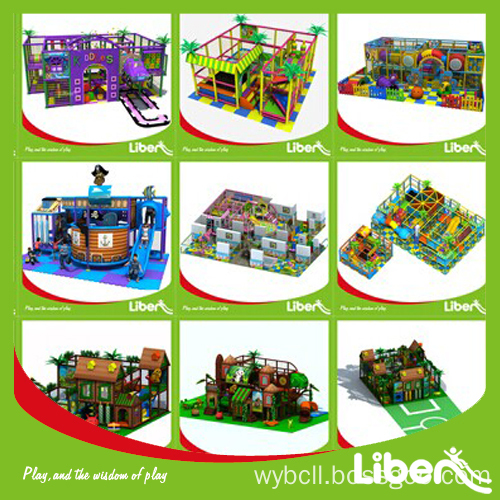
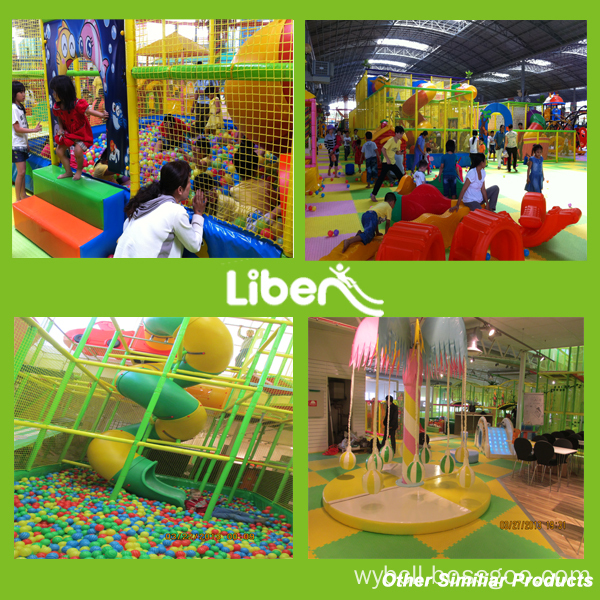
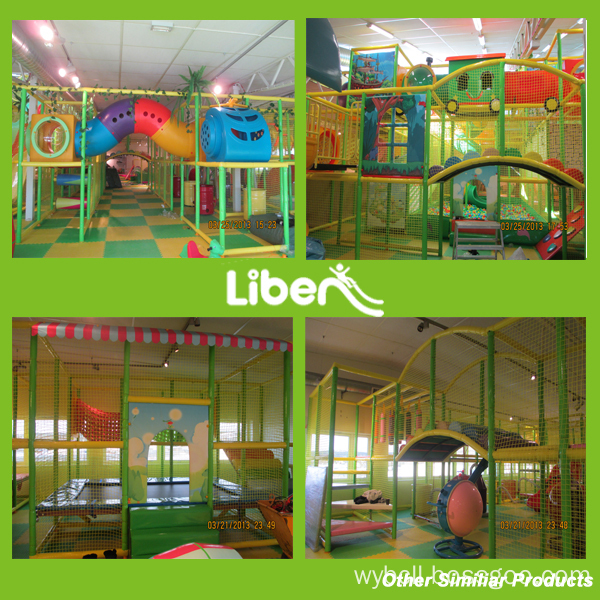
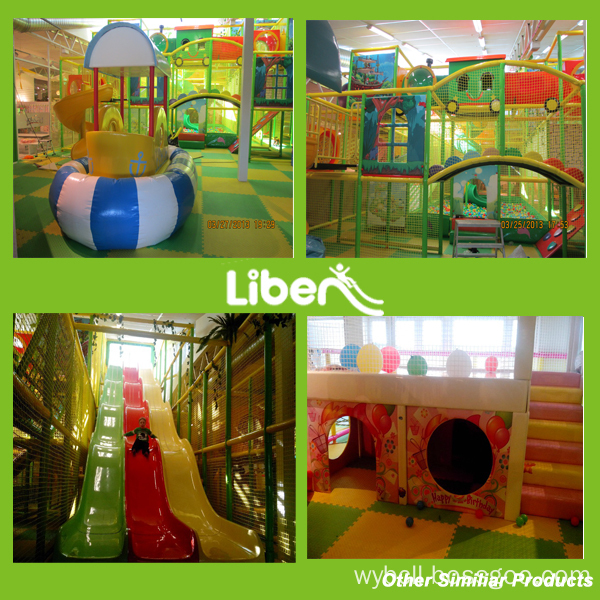
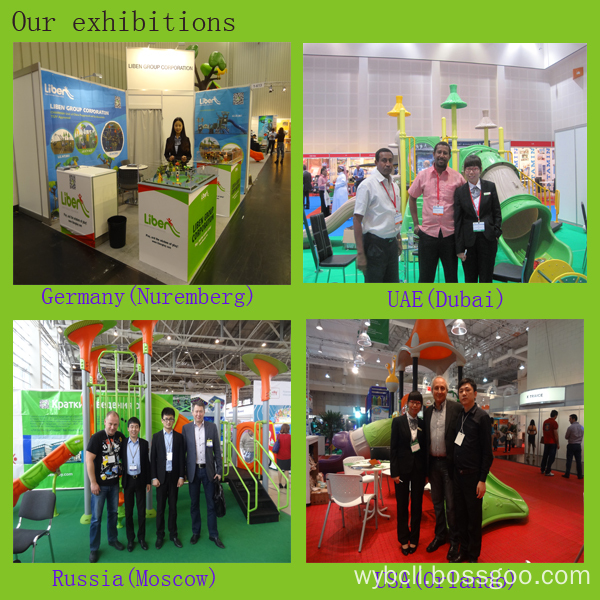
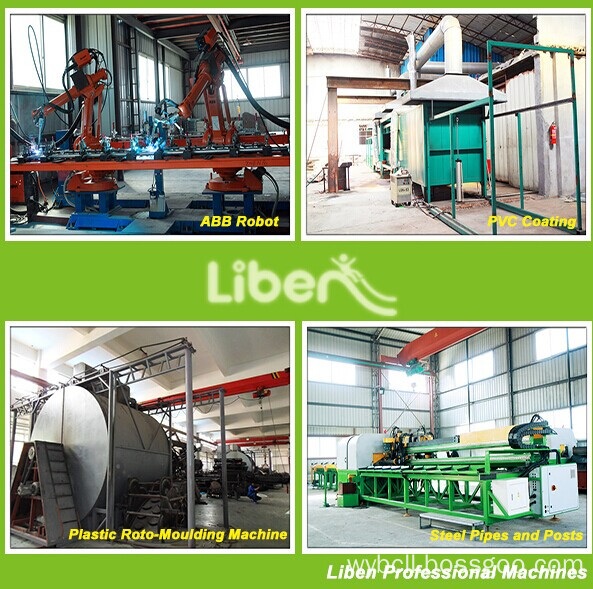
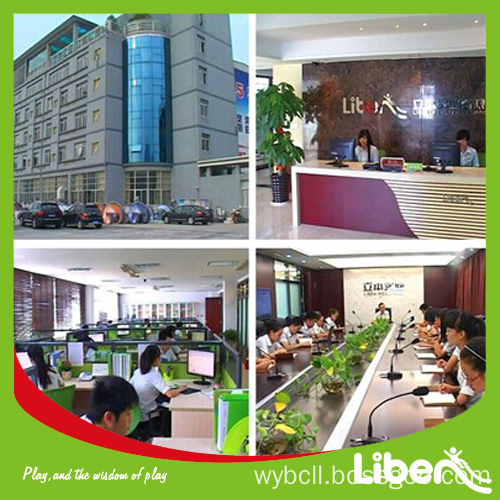
Human Carcinoembryonic Antigen (CEA) ELISA Test Kit
ISO14001, ISO18000, ISO9001 Certificate,
and GS certificate from TUV Company of Germany.
(Different material is available according to your needs)
a.Anti-UV
b.Anti-static
c.Security